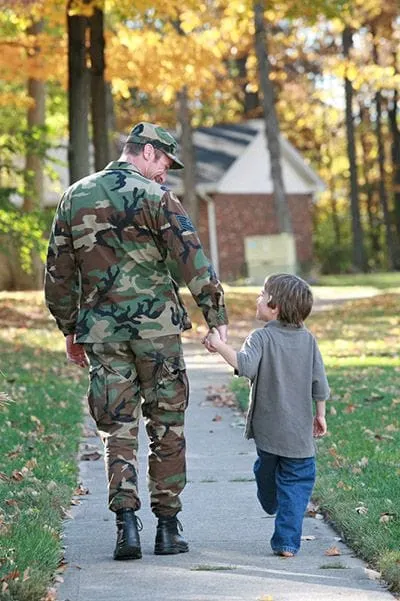
Development - What to Expect
- Will write numbers and words more accurately.
- Will be able to do simple adding/subtracting.
- Show more independence and want to be like and accepted by friends.
- This is a critical time for children to develop confidence in many areas of their life. Help build the child's self esteem and confidence during this stage.
- Will become more aware of what others are doing which this might lead to comparisons to other kids.
- Will be more aware of events seen/heard on the news, like natural disasters. Talk to your child in a way she can understand, but without too much detail.
- Play will become more complex.
- Friendships give your child a sense of belonging and help him/her learn and practice basic social skills like sharing and negotiating. will have a better understanding of the relationship between cause and effect and begin to see how his/her actions affect others.
- This age group can still be self-centered, and relationships may also be challenging because friends can sometimes be bossy and may sometimes leave one child out of an activity. Watch out for signs of bullying
Visit: www.HealthyChildren.org, search topics like "Problems With Peers" for resources
Safety
- Independence can lead to physical injuries and accidents and the child may engage in more dangerous activities.
- Your child must be in a booster seat until the adult safety belts fit correctly (approximately age 8-12 or when height reaches 49"). The safest place for children is in the back seat.
- Should be able to swim independently, so review swim safety
- Use sunscreen SPF 50 in the summer.
- Use insect repellants containing DEET or Picaridin.
- Ensure smoke and carbon monoxide detectors are working appropriately.
- Limit total screen time (TV, mobile devices, computer, iPad, videogames, etc.) to less than 1 hour per day.
- Counsel your child to avoid use of alcohol, tobacco, drugs, or inhalants and be clear about the dangers these behaviors present.
- Always wear helmets when riding bike or scooter.
- Discuss "stranger danger" — teach your child that it is never okay for an adult to tell a child to keep secrets, or to express interest in private parts.
Visit www.HealthyChildren.org, search topics like "Safety for Your Child", "Booster Seats for SchoolAged Children", "Fire Safety"; www.SafeKids.org for resources,
Nutrition
- -Encourage healthy foods, including plenty of fruits and vegetables
- -Limit sugary, high fat and low nutrient foods & beverages.
- -encourage family meals without any distractions like TV and electronics.
- Emphasize the importance of regular exercise
Visit: www.ChooseMyPlate.gov; www.EatRight.org for resources and also:
Childhood Nutrition - HealthyChildren.org
( https://www.healthychildren.org/English/healthy-living/nutrition/Pages/Childhood-Nutrition.aspx )
Quick Links
- Well visit for 1 Month
- Well visit for 2 Months
- Well visit for 4 Months
- Well visit for 6 Months
- Well visit for 9 Months
- Well visit for 12 Months
- Well visit for 15 Months
- Well visit for 18 Months
- Well visit for 2.5 Years
- Well visit for 3 Years
- Well visit for 4 Years
- Well visit for 5 Years
- Well visit for 6-8 Years
- Well visit for 9-10 Years
- Well visit for 11-14 Years
- Well visit for 15-18 Years
